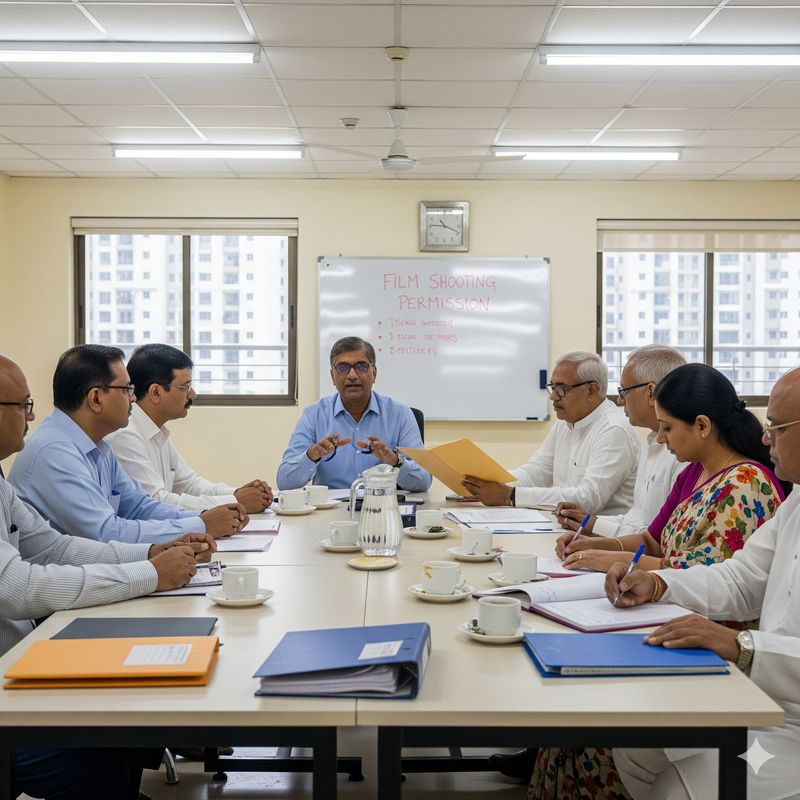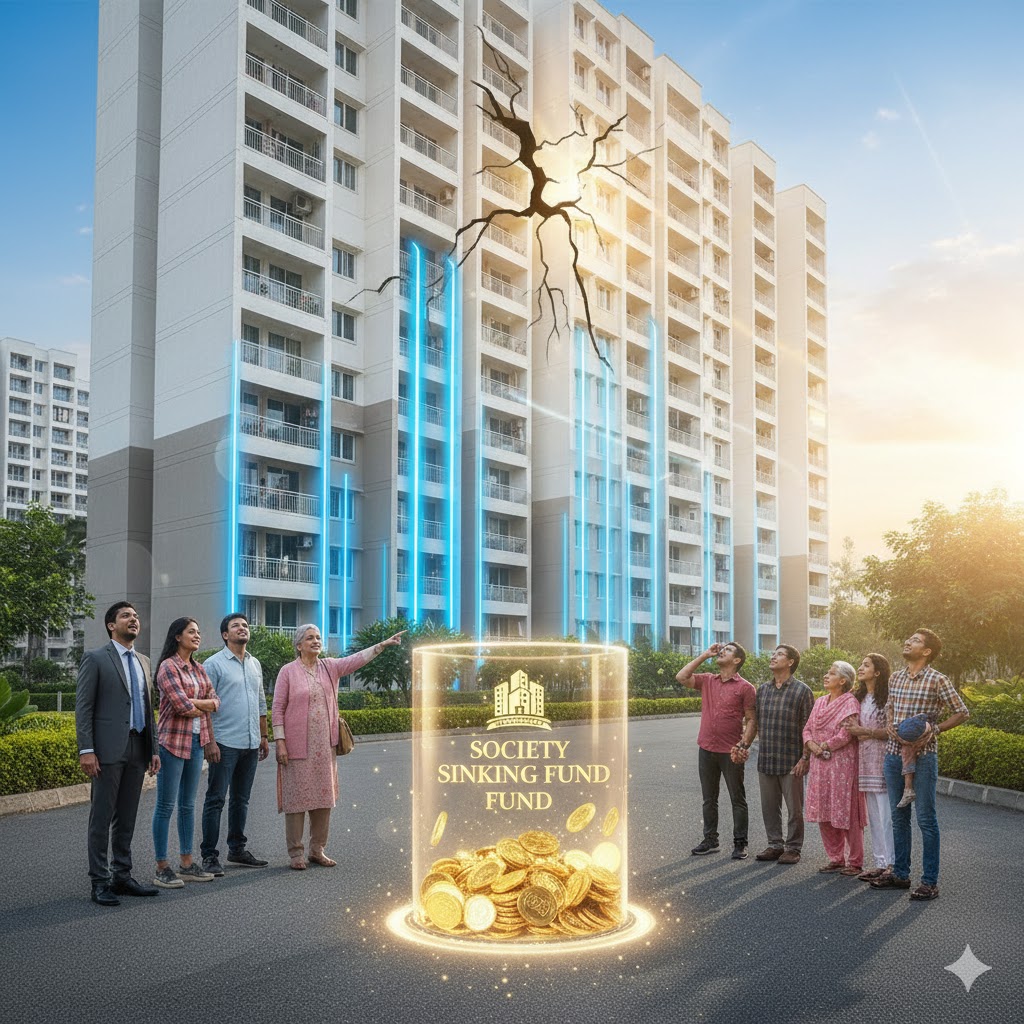Housing societies often look for ways to generate additional revenue, and one common option is granting permission for film shootings in common areas like gardens, terraces, or walkways. However, such decisions involve balancing the society’s financial benefit with residents’ convenience and legal compliance. Can the managing committee approve film shooting without consulting the general body? The answer lies in understanding the cooperative housing society bye-laws.
Bye-law 169 – Restriction on Letting Common Areas
As per Bye-law 169 (Model Bye-laws 2014), a cooperative housing society cannot let out, sublet, or give on leave and license basis any common spaces such as:
-
Open areas under staircases
-
Terraces and rooftops
-
Lawns and gardens
-
Clubhouses or community halls
The usage of such spaces is restricted to the purpose for which they are intended, meaning they cannot be arbitrarily used for commercial purposes like film shooting without proper approval.
Bye-law 170 – Temporary Use of Common Areas
While Bye-law 169 restricts letting out spaces, Bye-law 170 allows temporary use of terraces, open areas, or lawns for specific purposes if approved by the general body. This means that if the society wishes to allow film shooting, the decision must be taken collectively by the general body and not just the managing committee.
Approval Process for Film Shooting
To allow film shooting, the managing committee should:
-
Place the Proposal Before the General Body – The committee must include the proposal in the agenda of a general body meeting.
-
Discuss Terms and Conditions – The general body may decide the charges, duration, safety requirements, and restrictions (such as noise limits, timings, security arrangements).
-
Document the Resolution – The resolution approving film shooting must be recorded in the minutes of the meeting for future reference.
Impact on Residents and Precautions
While film shootings can generate income, they can also cause inconvenience through noise, crowding, or restricted access to common areas. Societies should ensure:
-
Security arrangements are in place to avoid trespassing.
-
Timings do not disturb residents, particularly senior citizens and children.
-
Compensation or charges are adequate to justify the disruption.
Penalty for Unauthorized Permission
If the managing committee grants permission for film shooting without general body approval, the responsible office bearers can be penalized. The penalty can be up to five times the regular charges for using such premises.
Conclusion
The managing committee cannot unilaterally allow film shooting in common areas. Such decisions must be taken in consultation with and approval from the general body to ensure legality, transparency, and fairness. Proper procedures not only protect the society from disputes but also help maintain harmony among residents.






